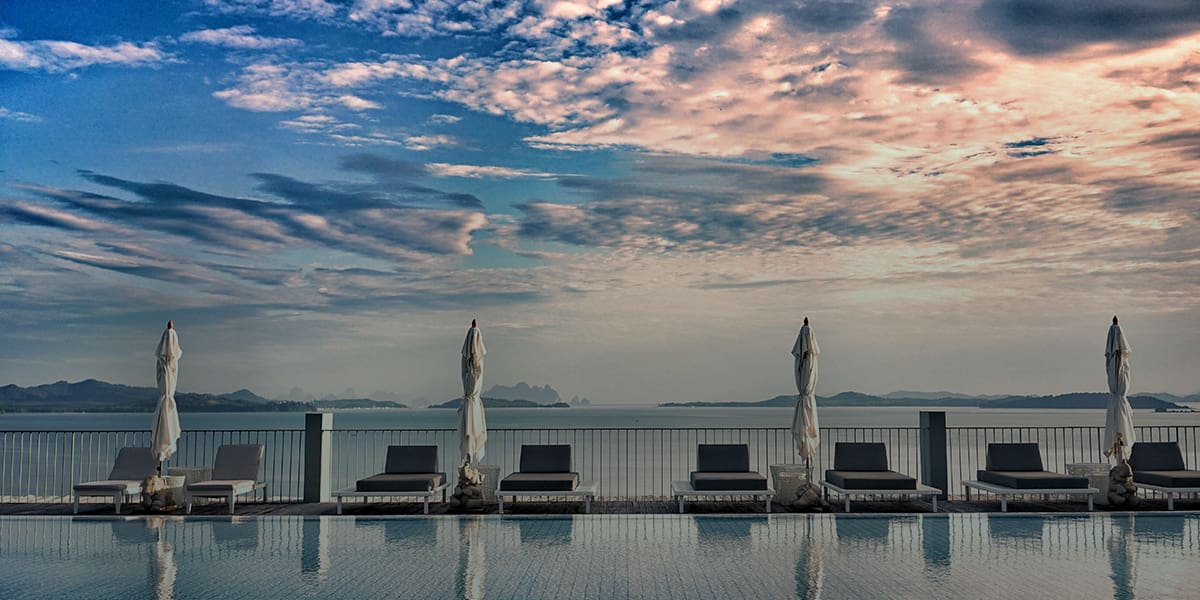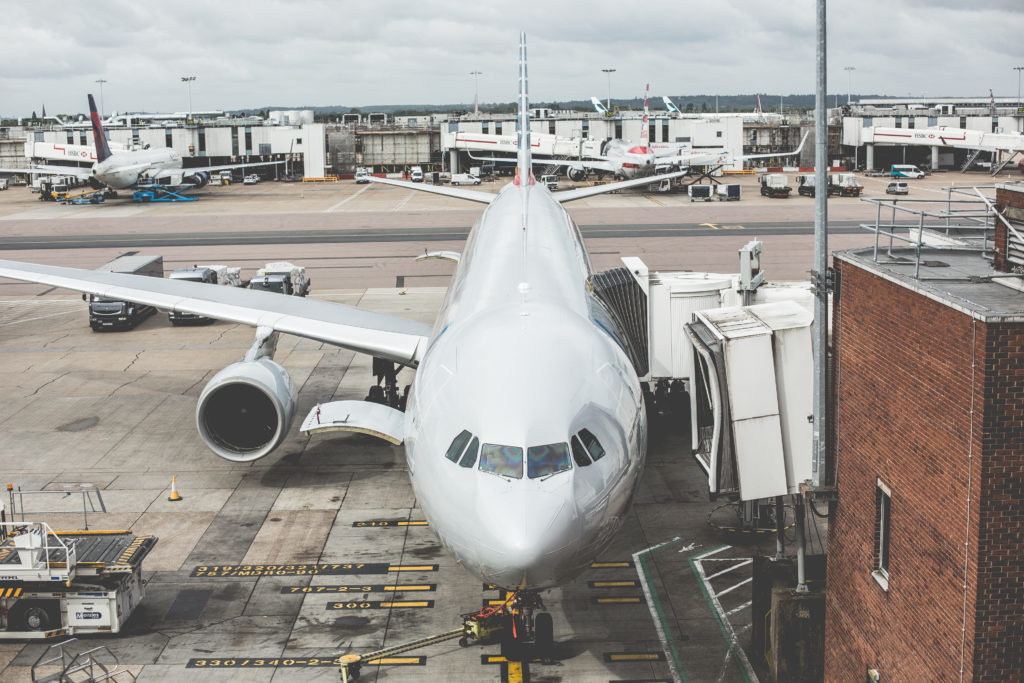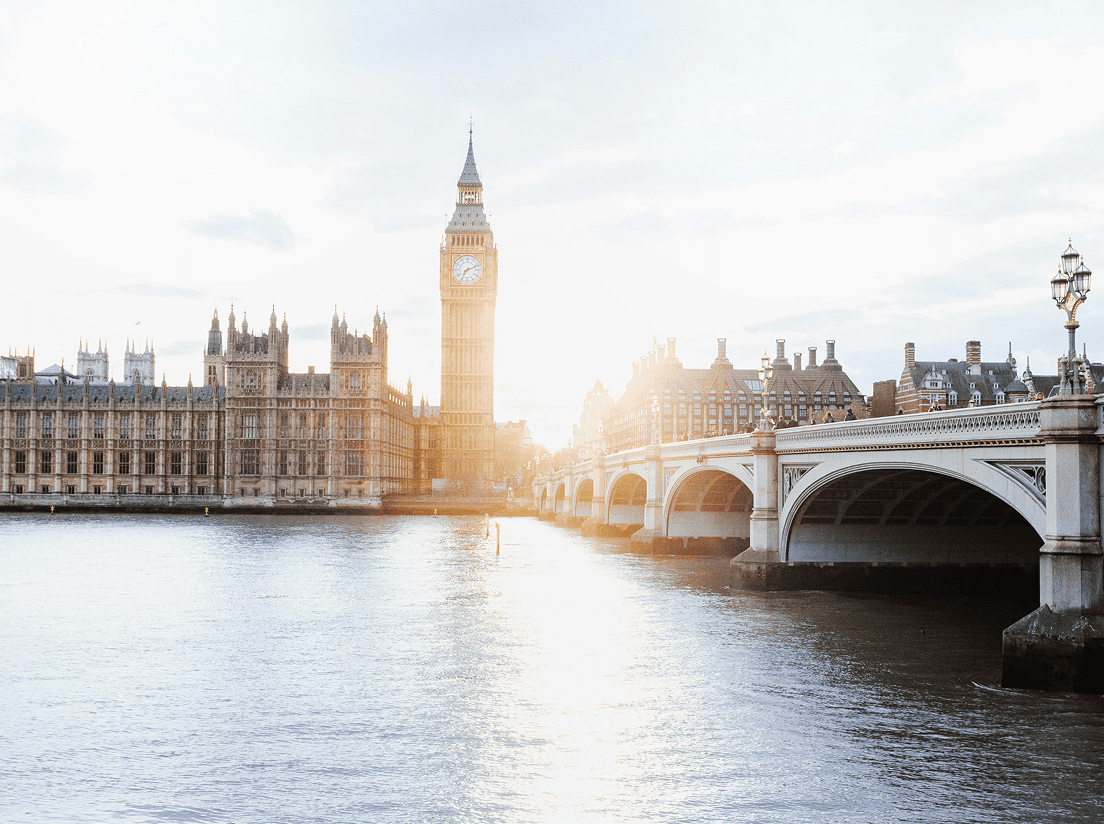
Over the last decade, Americans have shifted their spending, trending away from material goods and towards experiential activities.Despite the tragic global events and erratic weather that helped characterized 2017, consumers remained resilient and determined to continue exploration.In 2018, technologies like artificial intelligence, IoT (Internet of Things) and automation will help shape the growth of the industry, while at the same time human-to-human interaction will be essential to keep it on track.A new report from The Deloitte Center for Industry Insights takes a look at what’s ahead for the travel industry in 2018. Here are the major takeaways.

Hospitality: Hurdles on the path to growth
- In 2018, the hospitality sector should maintain a 5% to 6% growth rate. Though some experts anticipate an upcoming dip in revenue due to the cyclical nature of hotel performance, many are optimistic that growth will continue due to strong trends.
- Competition is fierce. In New York City, the number of hotels has grown 55%. This, along with the competition from factions like Airbnb, means some hotels are cutting corners on upkeep and maintenance.
- Higher consumer expectations mean that midsize hotels will need to innovate to compete. Many hotel brands are already trying to capture the experiential feel of an upscale hotel in the more affordable, midsize market. Developers will take note of this opportunity, heralding in an era of midsize hotels built to compete with upscale hotels.
Airlines: Investing in the future of flight
- In 2018, airlines will invest significant resources in improving the customer experiencing. This means better seating, more overhead space, and improved Wi-Fi connectivity.
- Those who support privatization of air traffic control argue that it could help airlines keep up with the latest technology. Those against privatization argue that it would create monopolies.
- In terms of consumer satisfaction, airlines currently rate 37th out of 43 surveyed industries. These poor ratings can be improved by various technologies aimed at smoothing airline procedures. For example, 3D printing could allow vital parts to be printed on demand then delivered to the tarmac by automated vehicles, expediting repairs.
Restaurants: Driving success in a new era of competition
- Out of every dollar spent on food intake in America, 44 cents go to eating out.
- More customers expect food to be delivered. Some restaurants are embracing the influx of food -delivery apps and their ability to increase order volume, while others posit that third-party delivery services detract from personal experiences with customers.
- Restaurants must enhance their technological abilities, especially in areas of food safety.
- Many customers are branching out experientially, opting for unique venues like food trucks and pop-up venues in lieu of traditional restaurants.
Building bigger ecosystems: Unlocking the power of adjacent spaces
- Health conscious consumers are driving changes in hotels, causing many to focus on fitness and healthy food options. For others, this shift can be seen in-room in the form of air purifiers and workout equipment.
- Travel activities make up 10% of the global travel revenue. Despite this, the integration of travel activities still hasn’t undergone the technological evolution it requires, with 80% of these bookings still made offline. Travel brands must capitalize on digitally streamlining activities.
The path forward: Data-centric personalization
- In 2018, technology will push personalization as a key facet of consumer engagement. Burgeoning IoT technology can provide this service. For example, a traveler might have their hotel’s room temperature set to their specific liking. Or an airplane attendant might address a corporate traveler by name.
- CRM systems in restaurants can personalize experiences by linking reservations to specific guest needs. This would allow staff to recognize guests’ potential allergies and past purchases, and implement this knowledge on the floor.
The struggle is real: Hotels, OTAs and the modern traveler
- In 2016, Online Travel Agencies (OTAs) grew at around 5 times the rate of the hotel market.
- In response to this surge of OTAs, hotels are fighting back by offering direct booking campaigns and members-only packages to entice consumers away from OTAs and towards direct booking.
- Despite competition, OTAs and hotels can work in collaboration to produce great marketing and better services for consumers.
Ground transportation: Implications far beyond travel
- The ground transportation industry touches on all aspects of travel. Ride-hailing, car-sharing, and the future of autonomous driving have major implications for all aspects of society, including such obvious industries as rental car companies and dealers.
The influx of new technologies heralds an exciting era in travel, but hospitality brands that neglect the “human” aspect of travel do so at their own peril.Automation will free brands to provide more meaningful and one-on-one interactions with travelers, ensuring this surge in travel growth continues.To view the complete Deloitte 2018 Travel and Hospitality Industry Outlook report, click here.
Did you enjoy the read?
Get original hospitality industry insights delivered to your inbox. Sign up to receive Screen Pilot’s #TrendingNow Newsletter.





